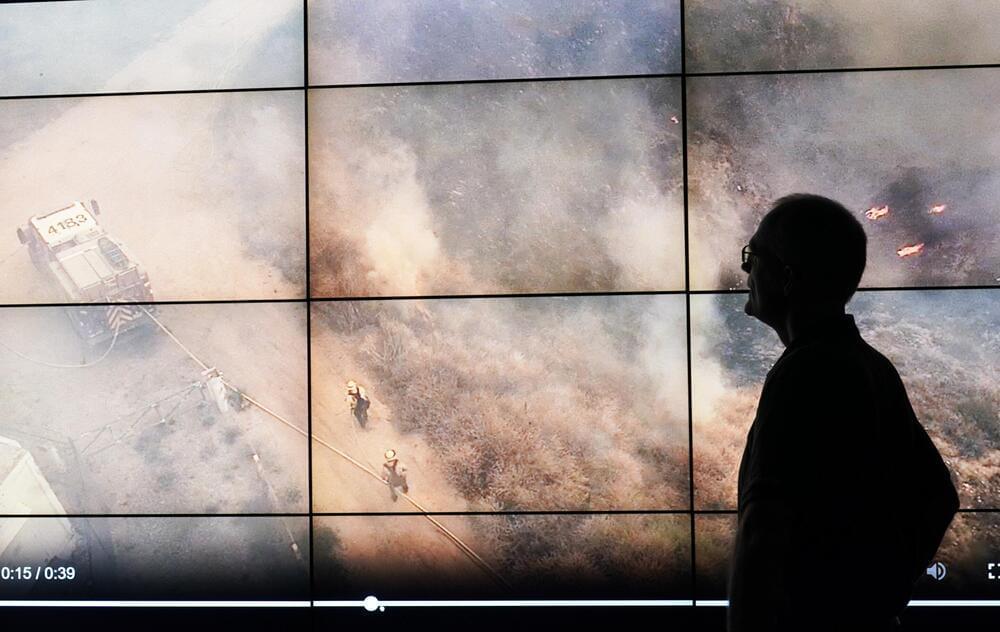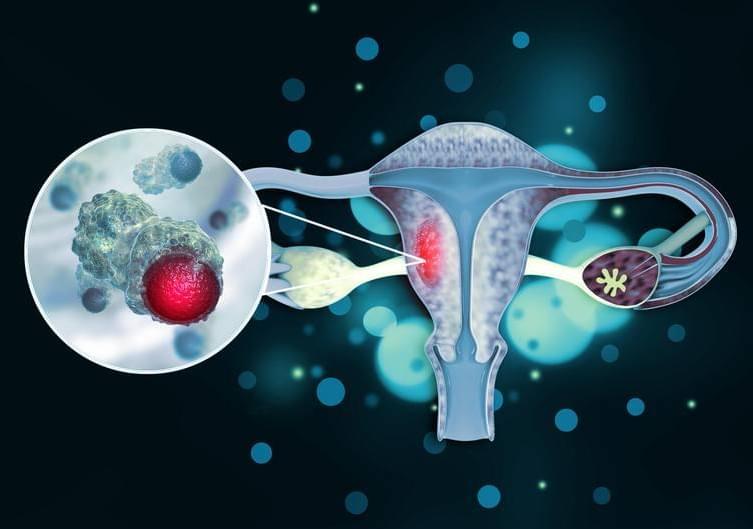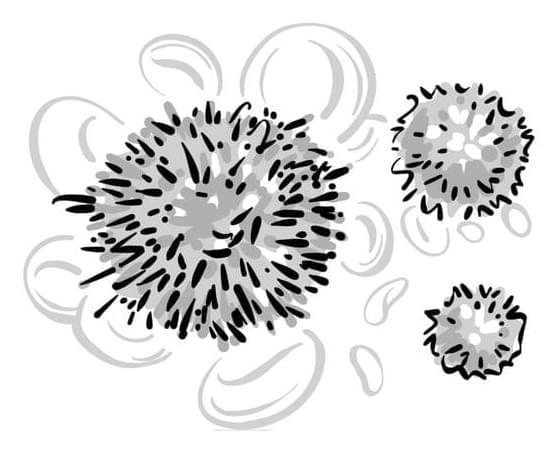In the morning hours of Sept. 24, a small capsule containing surface samples from asteroid 101,955 Bennu careened into Earth’s atmosphere after a seven-year journey through space. The landing of this sample capsule is the culmination of NASA’s historic Origins, Spectral Interpretation, Resource Identification, Security, Regolith Explorer (OSIRIS-REx) asteroid sample return mission, which is now the first American mission to return samples from an asteroid.
The sample return capsule (SRC) landed within a 14 by 58-kilometer ellipse at a Department of Defense property at the Utah Test and Training Range and Dugway Proving Ground in Utah. Touchdown of the SRC occurred at 8:52 AM MDT (14:52 UTC) — three minutes earlier than planned. Low winds and dry weather was present at Dugway during the landing — optimal conditions for the return and recovery of the SRC.
OSIRIS-REx launched atop a United Launch Alliance Atlas V rocket on Sept. 8, 2016. Since then, OSIRIS-REx has flown past Earth, rendezvoused with asteroid 101,955 Bennu, orbited the asteroid and extensively imaged/mapped its surface, collected a sample from Bennu, made the journey back to Earth, and now returned its sample. As the SRC was streaking through Earth’s atmosphere, OSIRIS-REx performed a flyby of Earth and began a new mission called OSIRIS-APEX, wherein OSIRIS-REx will fly out and study asteroid 99,942 Apophis. The spacecraft is scheduled to arrive at the asteroid in 2029 if all goes according to plan.




